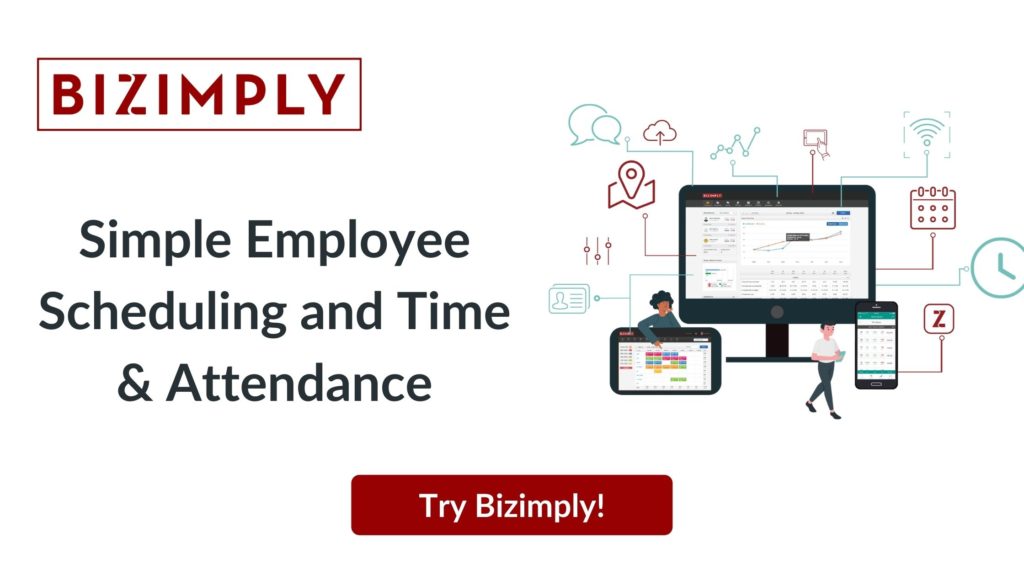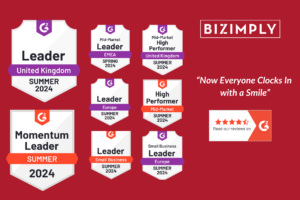Broadly, there are two responses from people when they begin to work in hospitality. Many of us are a strange breed who start in the business, don’t realise how addictive it can be and end up staying for many years. Others find it hard to get their head around the idea of being a server – not so much the need to be civil to customers, but the actual job of doing things for other people, however good they are at it.
In that second group in particular, we’ve seen significant numbers leave hospitality during the pandemic as the lockdown gave them the opportunity to review their work/life balance and make decisions about their future. They want to pursue different goals, and that’s their choice. I’ve always had the policy of not presuming that when staff come to work for you, it’s their whole life. It just isn’t.
However, it means we used to have a bank of staff that we could choose from, and now it’s just not like that. Due to the pandemic, with Brexit also a very significant factor, it is now very difficult for restaurants, particularly in the London market where Sessions Arts Club operates, to recruit staff.

During December, we were only able to open three days a week. That’s not a demand issue as we’re fully booked whenever we open, it’s entirely about the availability of staff. We’re lucky at Sessions, it was a great fit for the London market when we opened in the summer. It’s a great building and appeals to people who want a bit of luxury at an affordable cost. It has all the elements needed for success, but my concern is, without sounding like a harbinger of doom, the staffing issue means the hospitality sector is really no more than just hanging on in there.
One thing we’re doing in response is employing and training more young people. Interestingly, we’ve also seen a change in the dynamic between staff and customers. People hadn’t been going to restaurants for some time, and so they’re very happy to be back.
We’re finding that they’re more lenient and gentler when it comes to dealing with the staff, with more interplay between staff and customers in a way that perhaps wasn’t evident before lockdown. We get some great customer feedback on how lovely our staff are and appreciation of the fact that they’re not seasoned waiting staff, but learning on the job .

All this had taught us that developing staff is really important. I don’t think we had to worry about that as much before. That’s not to say we didn’t do it, just that we didn’t have to worry about it. Now, I think we need to be more concerned about what employees want and have a structured approach to career development – for example, by ensuring there’s a clear path from the floor to working in the kitchen, or on to supervisor and manager roles.
Communication has become even more important as we’ve kept our teams updated every step of the way in and out of lockdowns, and technology helps deliver that. The Bizimply workforce management tool is very useful, allowing employees to tell us which shifts they are available for, and for us to give them plenty of notice of when we need them.
For our customers to leave happy, we need happy staff, and you don’t get happy staff just by paying them. You have to give them good conditions to work in, and the freedom to do what they want to do beyond work.
Jon Spiteri is a co-founder of Clerkenwell’s Sessions Arts Club












